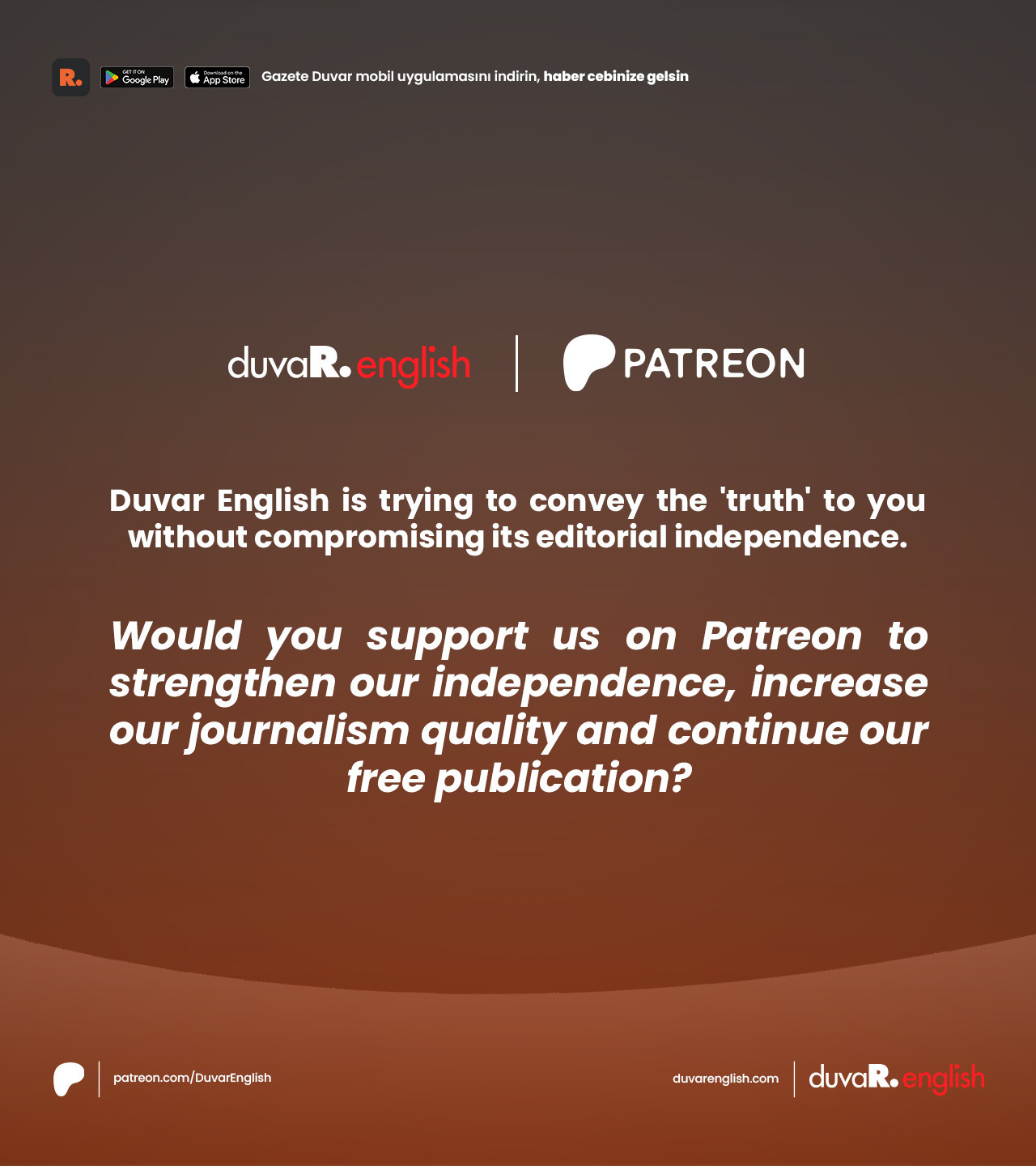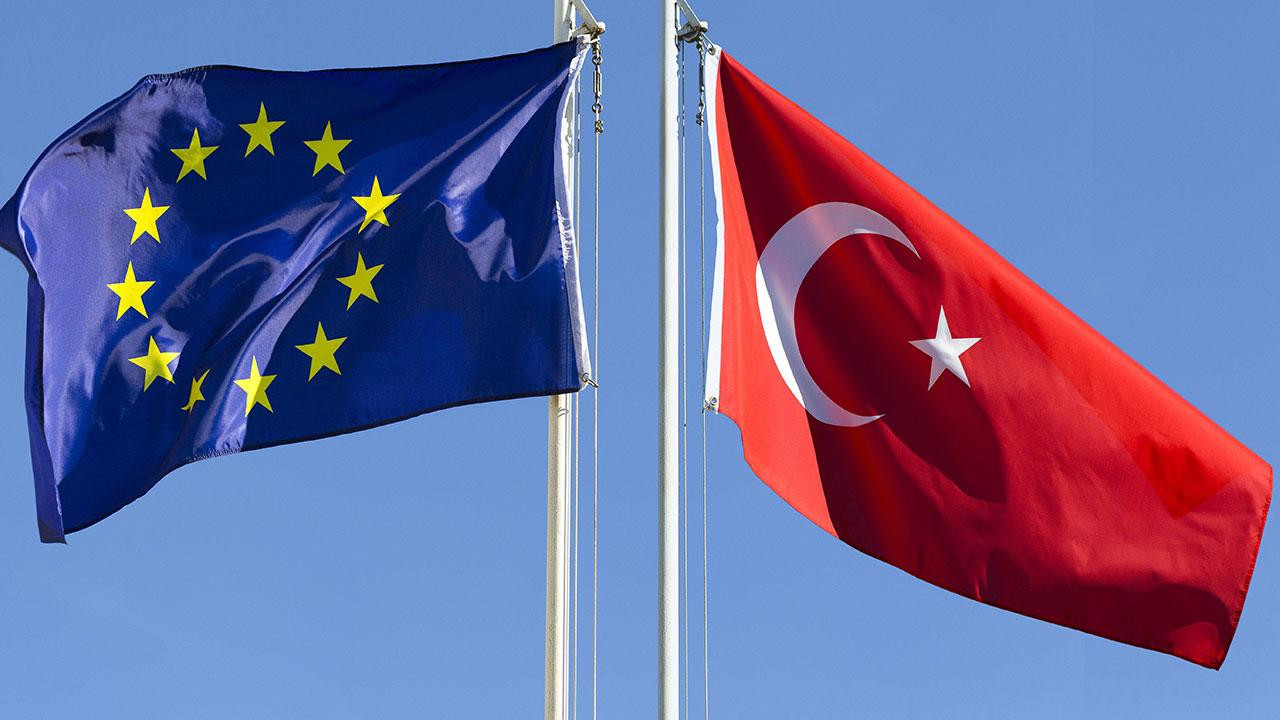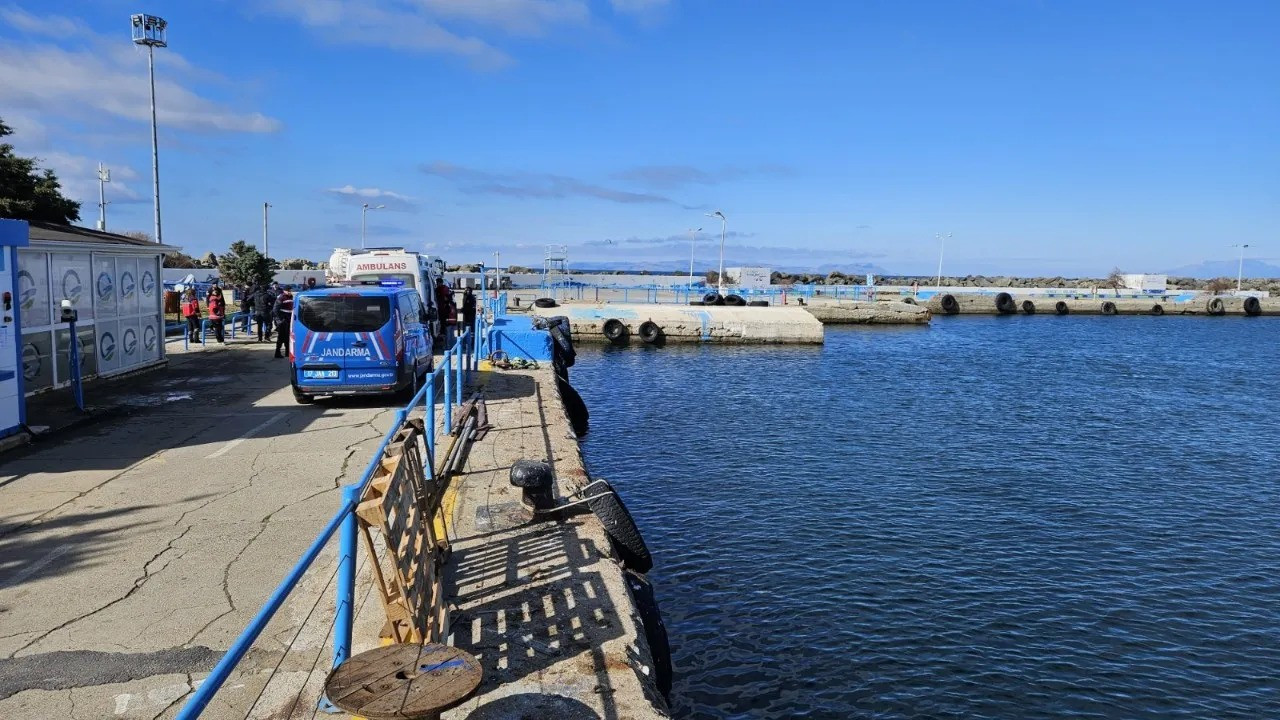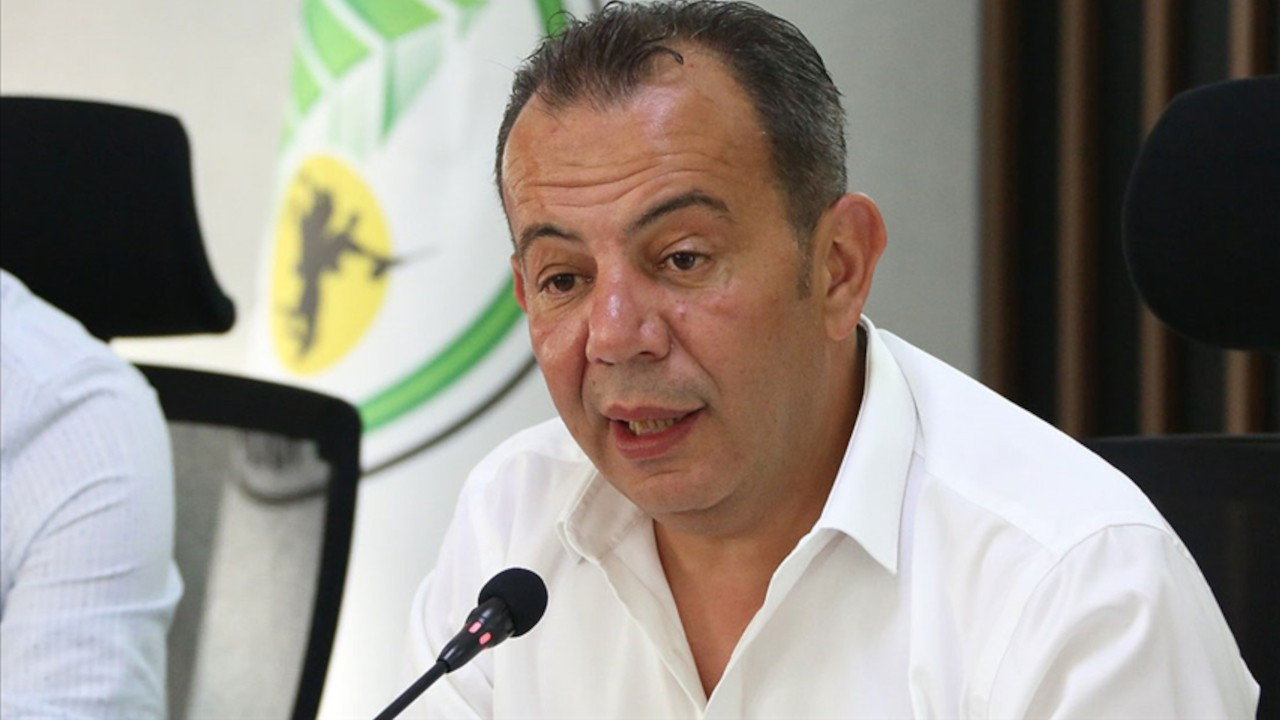Turkey’s gov’t, opposition jointly bolster anti-immigration: Report
The non-governmental organization BAYETAV examined anti-immigration discourse in Turkey and found that the government and the main opposition CHP jointly propagated the problem. Furthermore, the government employed conflicting stances in domestic and foreign politics, using immigration as leverage.
Duvar English
Researcher Zeynep Özen Barkot prepared a report examining anti-refugee sentiments in Turkey for the Living Together Education and Social Research Foundation (BAYETAV). The report addressed various topics, from political power to the opposition, from various public institutions to news coverage about refugees.
The report identified a significant change in the government's refugee policy after 2019. It highlighted that refugees were being framed as a security issue in Turkey, where anti-refugee sentiment was escalating.
The report revealed through various analyses and observations that the government's "refugee-friendly" image did not reflect reality, and opposition parties "resembled the government" in this regard.
The main opposition Republican People’s Party (CHP)’s discourse focused on repatriation.
The report mainly focused on the government's “populist” refugee policy. For instance, the “refugee-friendly” image Turkey sought to maintain in foreign policy “established a moral superiority in relations with European countries and international organizations,” and “used refugees as leverage.”
The report pointed out that despite this friendly image, the number of deportations dramatically increased after 2020.
One of the most noticeable aspects of the rhetoric and practice violating the principle of non-return was "the arbitrariness that had become a component of the political atmosphere in Turkey after 2015."
The issue of naturalization was brought up in every election period, and presented a fundamental concern for the supporters of the CHP.
However, the main opposition interpreted the rhetoric and practices of the government as trying to render the presence of refugees through citizenship and integration policies.
The findings of the research however presented an opposite picture for the years 2020-2022.
The report commented on the change in the government’s immigration policy since 2019.
“The government previously followed a more moderate path, but imposed control and pressure on refugees as part of its strategy to combat irregular migration,” it noted.
The research studied 1894 news reports published between 2020 and 2023 and found that only 15 articles covered naturalization policies of the government.
The news coverage analysis revealed that the ruling Justice and Development Party (AKP) did not have a coherent strategy regarding refugees’ and migrants’ naturalization processes, and citizenship rights completely fell out of the government’s agenda.
Barkot studied two newspapers, the pro-government daily Sabah and the left-leaning, oppositional daily Birgün’s reporting on refugees.
The terms “irregular migrant” and “illegal migrant” were often used in Sabah newspaper's reports. The wording worked to “criminalize” refugees, warned the report, and noted that national and international rights-based civil society organizations urged to abandon such terms.
In the news, the pro-Kurdish Peoples’ Democratic Party (HDP) and other left-leaning parties were not considered political actors on the refugee issue.
An analysis of the daily BirGün found that most news about refugees included the statements of opposition parties, interviews with experts discussing the issue on an academic level, and declarations from rights-based civil society organizations.
The report found that in the 180 articles studied, criticism of the government’s migration policy made up 75% of the content and provided a first-hand clue about the newspaper's editorial policy.
News criticizing the opposition accounted for 12%, while criticisms of international mechanisms constituted 13%.


 Auditors cite rights concerns, costs in Turkey-EU migrant dealDiplomacy
Auditors cite rights concerns, costs in Turkey-EU migrant dealDiplomacy At least 21 dead as migrant boat sinks off Turkish coastDomestic
At least 21 dead as migrant boat sinks off Turkish coastDomestic Turkish mayor plans to charge foreigners thousands of liras for weddings in yet another racist policyDomestic
Turkish mayor plans to charge foreigners thousands of liras for weddings in yet another racist policyDomestic